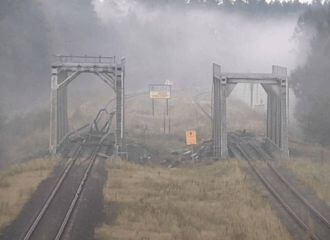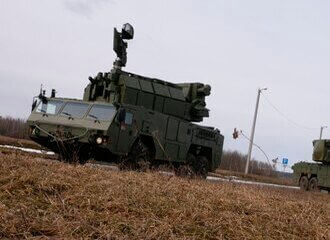The deputies of the Seimas of Lithuania fear that Russia may establish full control over Belaruskali, for example, through the purchase of its shares by Uralkali. This would allow Moscow to control up to 40% of the world production of potash fertilizers and put pressure on Europe in this market. This opinion is expressed in the material of Delfi.
Raimundas Lopata, a member of the Seimas Committee on National Security and Defense from the Liberal Movement, believes that the rapid reorientation of Belarusian fertilizer shipments will not happen. It takes time. Taking into account the workload of Russian terminals, Moscow may offer to exchange its assistance in transportation of fertilizers for participation in Belaruskali, especially since Uralkali has previously made proposals on a new alliance with the Belarusian producer.
«I don’t think the issue will be resolved any time soon, because there are other issues with Belarus now – exercise and the referendum. In other words, the Russians are apparently preparing a complete concept of how they will treat Belarus as a whole. Belaruskali is definitely a Russian target,» the Lithuanian politician says.
Conservatives’ representative Kazys Starkiavicius also fears concentration.
«That would be bad because it would affect food prices. It would be cheaper for Europeans to bring in fertilizer from the European part. It’s a fact that fertilizer prices would go up, and that would be the case if Russia had both facilities,» he said.
In his opinion, the Russian Federation can act the same way with fertilizers as it did with gas.
«Lukashenko will have to bow here and ask. And Russia will be able to say – give us some of your shares, we’ll sell some of your fertilizers,» Starkiavicius added, assessing the prospects for transporting Belarusian potash through Russia.
It should be reminded that at the beginning of the last decade, there was already an alliance between Belaruskali and Uralkali. However, the partners soon diverged in their business strategies. Mutual accusations followed. The story ended in 2013 with the arrest of Uralkali CEO Vladislav Baumgentner in Minsk after talks with then-Prime Minister Mihail Miasnikovich. As a result of the scandal, the alliance finally ceased to exist. Several years ago, Dmitry Mazepin, the current owner of Uralkali, a native of Belarus, approached Aliaksandr Lukashenka with a proposal to resume cooperation, but the parties failed to agree. After the events of 2020, Lukashenka repeatedly hinted and spoke directly about the financing of the campaign against him by Russian oligarchs, clearly referring to Dmitry Mazepin.
Source: Reform.by


